I really don’t have a green thumb, but for a while when I was young, I was very interested in growing things. My grandmother on my dad’s side had quite the green thumb: anything she planted grew to be quite prolific. I have whatever the opposite of that is! But still, I have always been fascinated by things growing from tiny little seeds to become large plants; no matter if they become beautiful flowers to decorate the landscape, or delicious vegetables to bring to the table.
It’s really a miracle when you think about it. A little seed, this tiny little dried-up thing, looks for all the world to be useless and dead. But when it gets planted in the earth, and watered by the rains, new life springs forth from it, and a tiny sprout appears, which grows day by day to become a fully mature plant by the summertime. Sure, we or the farmers might do a little work to nurture it and water it and keep the weeds and rabbits away, but we don’t make the plant grow: day by day, almost imperceptibly, growth happens. One day, for all the grace given it, it becomes a mature plant that gives nourishment and delight and shade for the birds of the air.
And this is the image that Jesus uses today to describe the Kingdom of God. These parables are a lens through which we are to see life: the life of God, and our life, and how they all come together. And it’s an encouraging message that we hear today. Today, our Lord assures us that the Kingdom of God doesn’t come about all at once, in great power and glory, or in some kind of dramatic explosion. The Kingdom is like those crops that grow to be fully mature plants and yield a harvest, but it happens little by little, almost imperceptibly, always growing, but we know not how. And the Kingdom is miraculous like a mustard seed which one day is the tiniest of all seeds and eventually becomes a large plant that gives shelter to the birds of the air.
Here’s why I think these parables are so encouraging: We all want to be part of the Kingdom of God. We all want to grow in our faith. We all want that faith to sustain us in good times and bad, and eventually lead us to heaven. That’s why we’re here today. But the truth is, if you’re like me, you get frustrated sometimes because it doesn’t seem like there’s any real growth going on. We commit the same sins despite our firmest resolve. We take one step forward and two steps back. But still, like the seed scattered on the land, being here for Mass today isn’t nothing. Our prayers, however lacking they may seem to be, are still a manifestation of our desire to be in relationship with God. And God takes those tiny seeds of faith and waters them with grace and the sacraments and the life of the Church, until one day, please God, our faith makes a difference in our lives and the lives of those around us. And even if whatever we start with in the life of faith is as tiny as a mustard seed, in God’s hands, it can become that shrub that is a shelter for those who are flying around in life from one thing to the next, without any real hope except for Christ in us.
And that’s an important thing for us to get. Our faith life gets nourished and we grow in it from day to day. That’s a gift to us, for sure: every step gets us closer to the life of heaven. But it’s not for us only, friends. We are called as we mature to become the shrub that gives shelter to the birds of the air. We are meant to help others along the way of faith too. Because we don’t go alone to heaven; we’re supposed to take as many fellow seekers along with us as we possibly can.
We may not be perfect yet, friends, but we’re graced. And grace will perfect whatever we sow and make our tiny little beginnings into great things, all for the Kingdom of God.
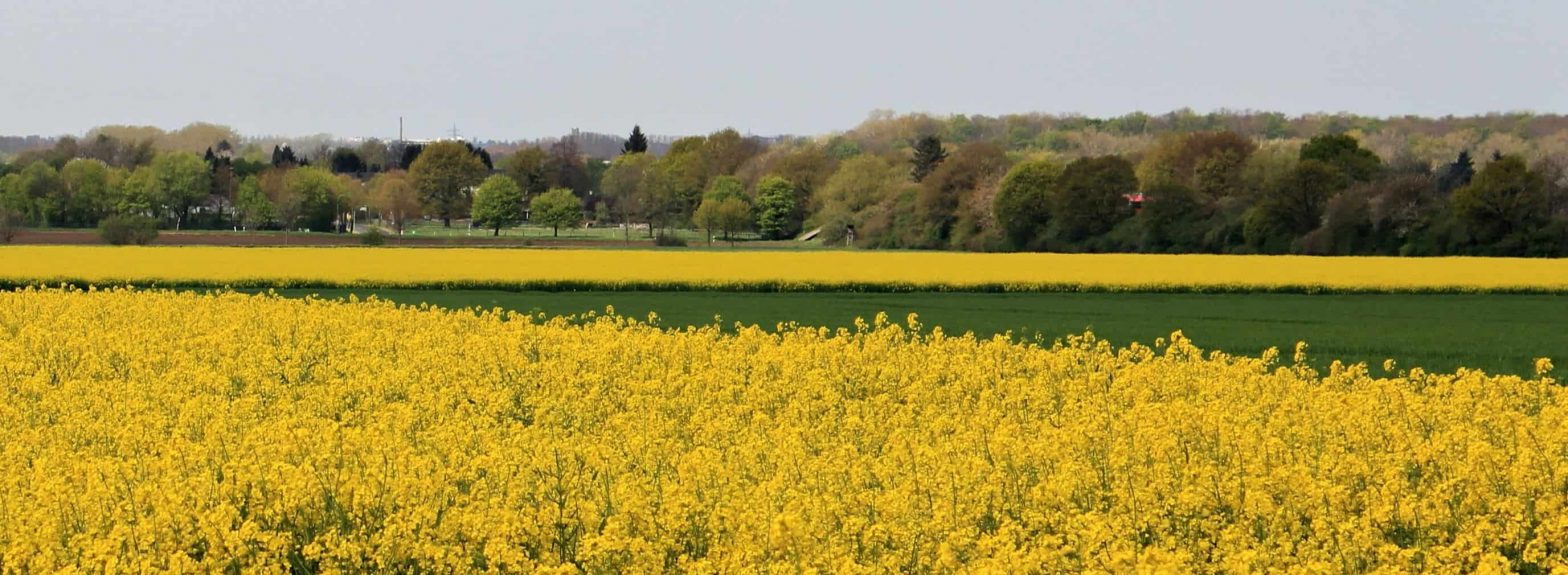
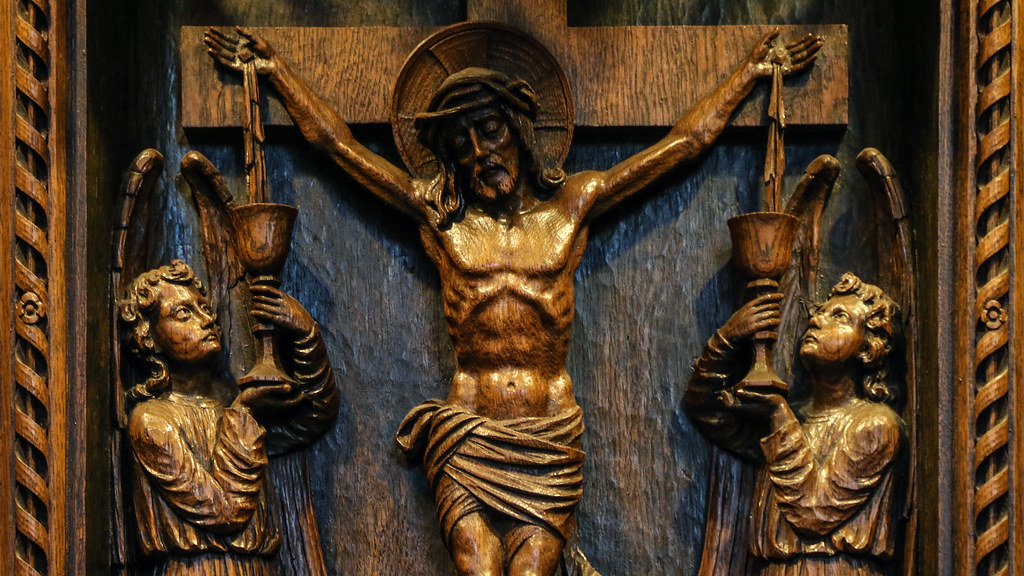
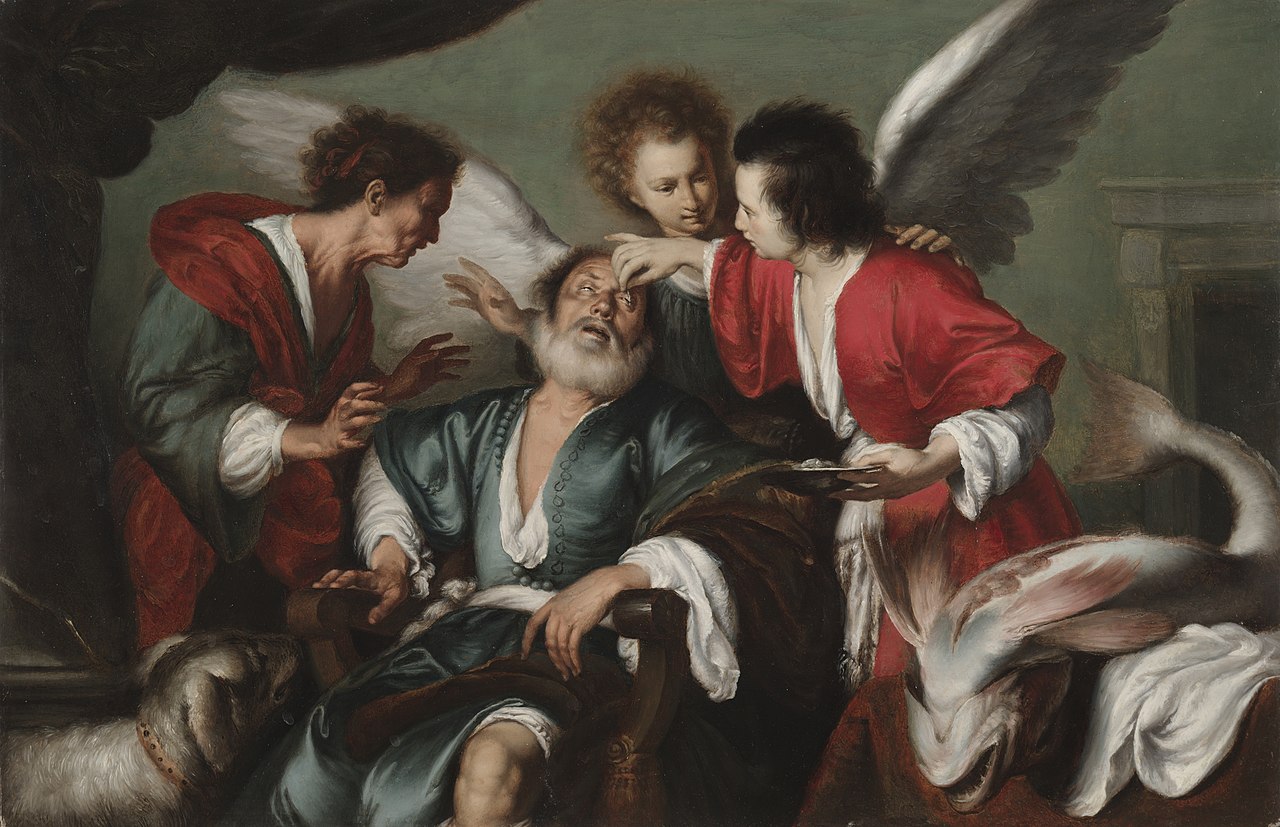
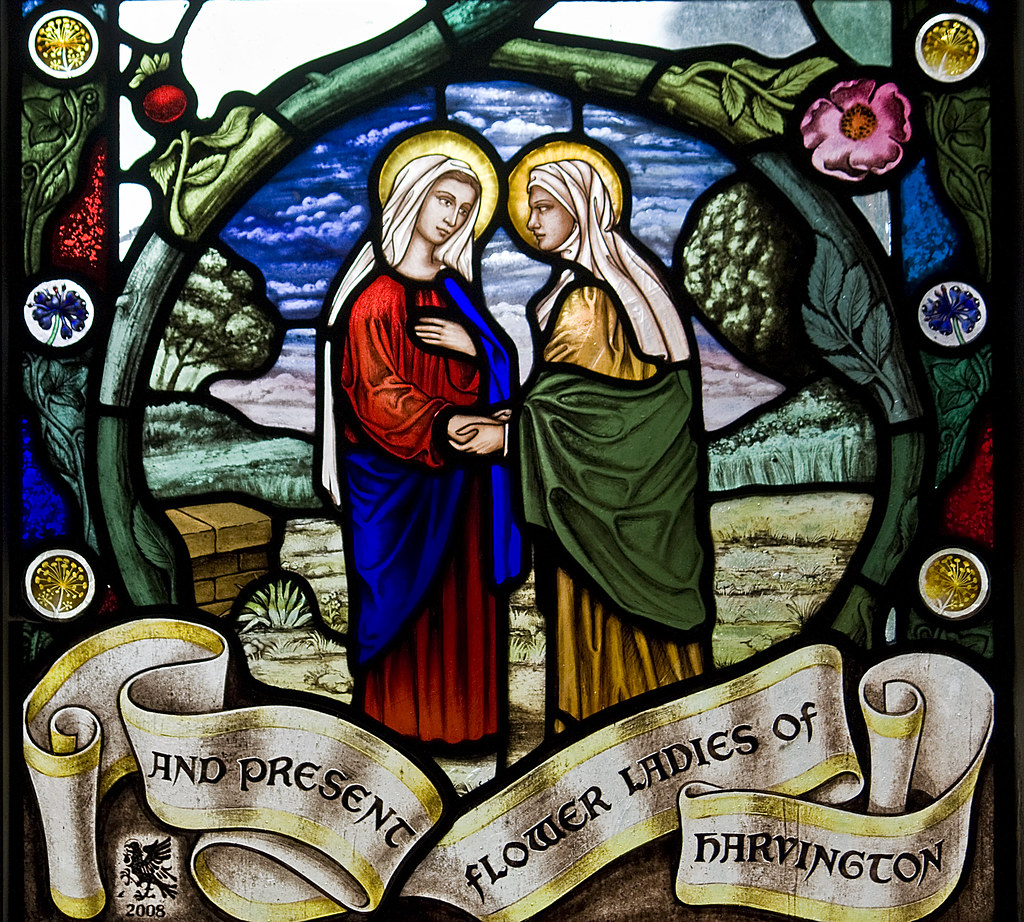

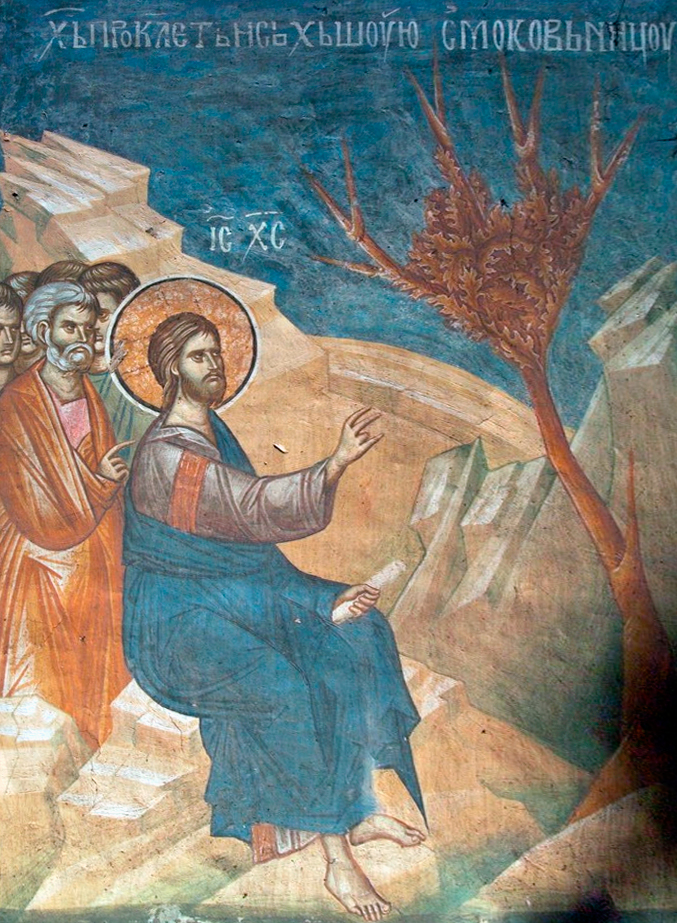

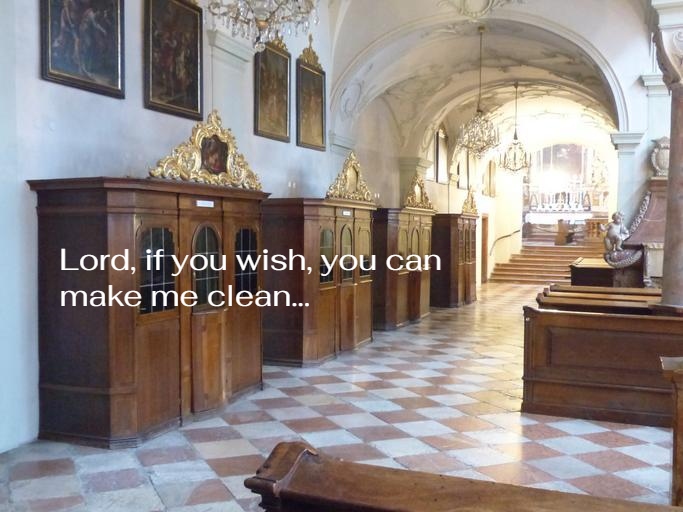
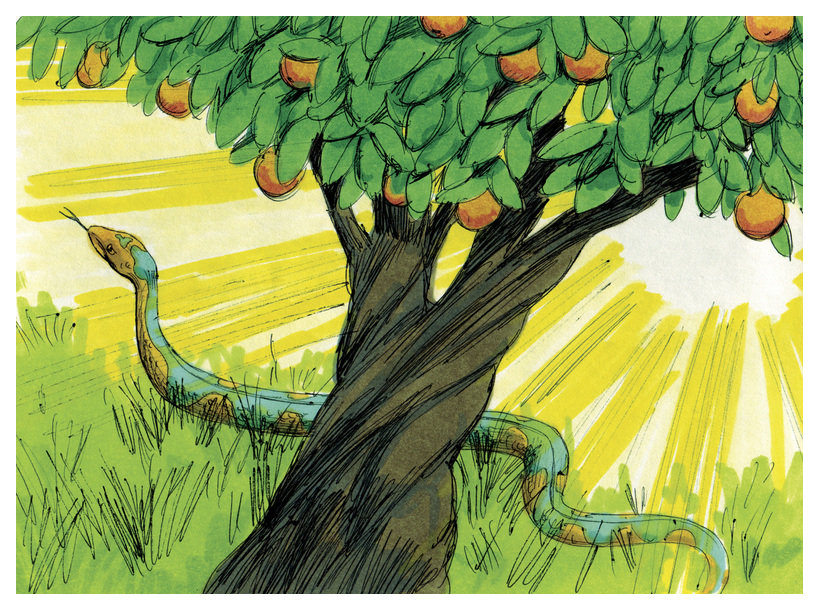
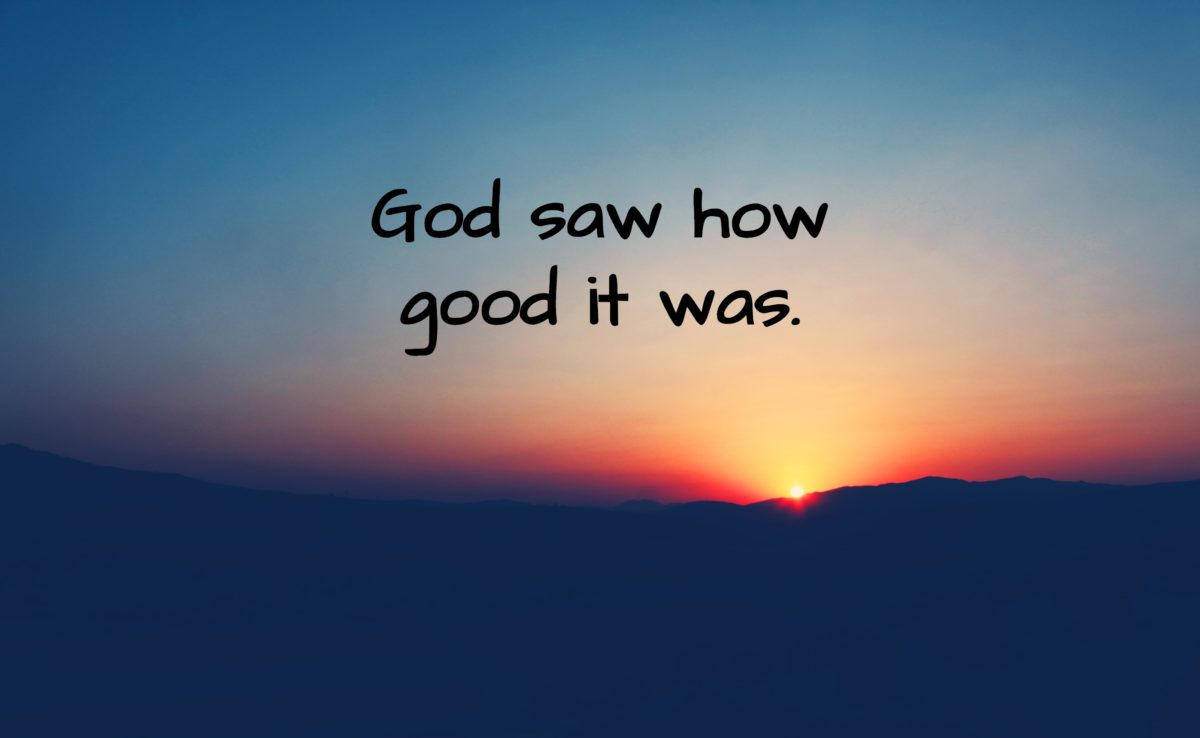
You must be logged in to post a comment.